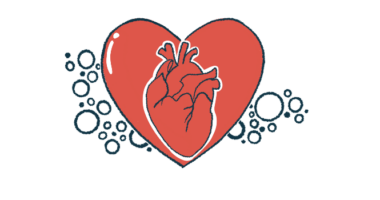
Types of Sarcoidosis
Cardiac Sarcoidosis
When sarcoidosis affects the heart, the condition is referred to as cardiac sarcoidosis. While cardiac sarcoidosis occurs in a third of sarcoidosis patients, only about 5% will experience symptoms. These include irregular heartbeat, or arrhythmia, as the granulomas disrupt the electrical signals that trigger the contraction of the heart muscle.
Cutaneous Sarcoidosis
In cutaneous sarcoidosis, granulomas form in the skin, although some types of skin lesions can form without granulomas. Cutaneous sarcoidosis is often spontaneous and poses no threats to general health. Full recovery is seen in many cases. However, for some patients, skin lesions may be painful and result in the skin becoming damaged or scarred.
Löfgren Syndrome
Löfgren syndrome is an acute but mild form of sarcoidosis that typically resolves on its own within a few months to a year. Like sarcoidosis, it is characterized by patches of inflammatory cells called granulomas in various organs and tissues. However, Löfgren syndrome patients usually do not develop long-term or chronic sarcoidosis, and show little or no organ damage.
Neurosarcoidosis
When granulomas develop in and around the nervous system, the disease is referred to as neurosarcoidosis. This type is rarer, but it can be extremely debilitating. Most commonly, neurosarcoidosis affects the nerves in the head and face, and in regions of the brain called the hypothalamus and the pituitary gland.
Ocular Sarcoidosis
Ocular sarcoidosis refers to sarcoidosis affecting the eyes or the surrounding structures. The symptoms can vary depending on which parts of the eye are affected, with the most common complication being uveitis. If left untreated, ocular sarcoidosis can lead to complications such as glaucoma and cataracts that can cause vision loss.
Pulmonary Sarcoidosis
Pulmonary sarcoidosis refers to sarcoidosis affecting the lungs. This is the most common form, since most sarcoidosis patients experience some level of lung involvement. Granulomas can affect normal lung function and lead to shortness of breath, a persistent cough, chest pains, and wheezing. The inflammation caused by sarcoidosis may lead to scarring and permanent damage to the lungs, if untreated.




